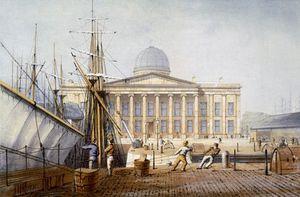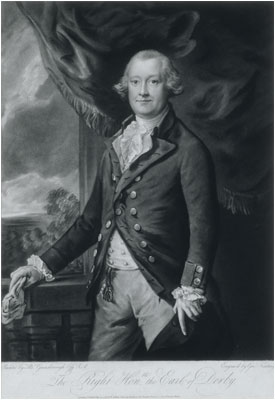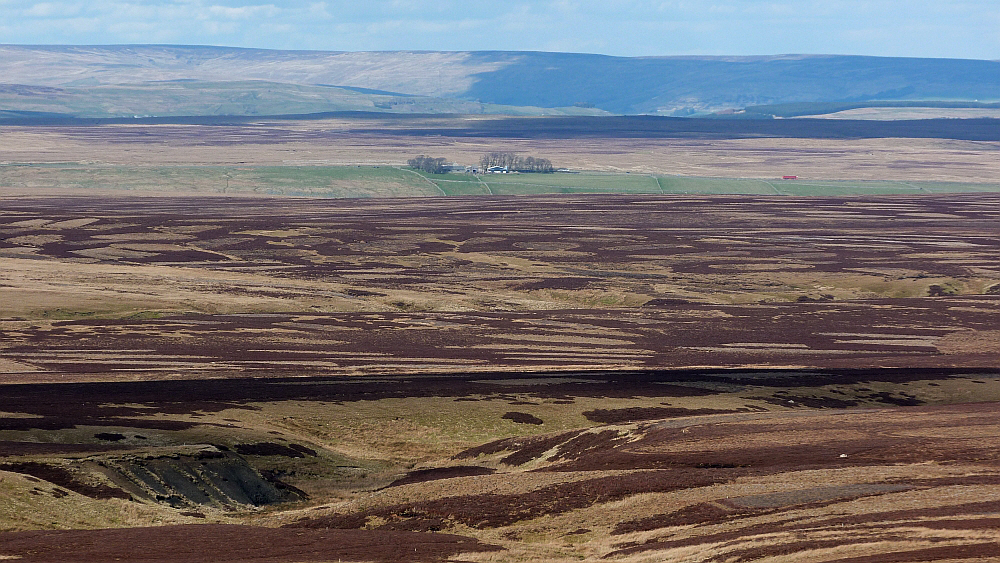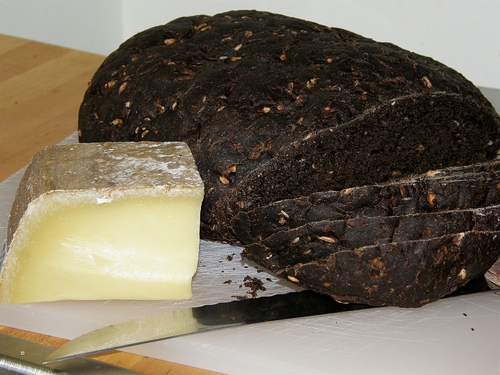CHAPTER II. – This chapter covers 1809 to 1814. It is also the final mention of Josh’s sister, in the sentence “His sister was a teacher in that town.”[Liverpool]. All in all, she is only mentioned in three sentences in the entire book, and never named.
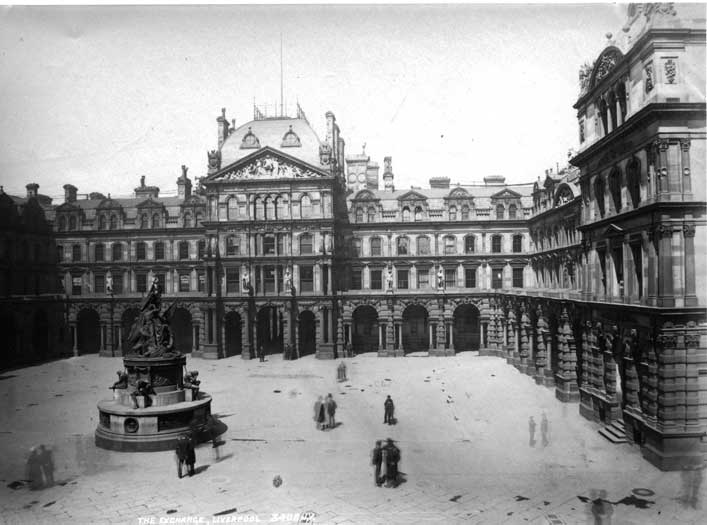
Two years before, in company with Mr. Ainslabie, young Walmsley had visited Liverpool. “I found my native town much altered,” he says. ” Dale Street had been widened ; a new, and what seemed to me a very stately edifice — the Exchange — had been built, and the Athenaeum, in Church Street, replaced the old news-room in Bates’ Hotel, at the lower end of Lord Street. The pipes from the waterworks of Bootle did duty for the water-carts going from door to door, as I remembered them in my childhood. Although there were trees in Church Street, a windmill on the top of Duke Street, hedgerows and lawns beyond Rodney Street, which was then an outskirt of the town, pasture-land where Cornwallis Street is now, and though it was open country beyond Lime Street, yet Liverpool seemed to me a magnificent city. Its principal streets — Lord Street, Church Street, and Bold Street — were then un-flagged, the only footway they could boast of being composed of pebbles stuck on end. At night the town was lit by oil-lamps, few and far between, that flickered and blew out when the wind was high. It was guarded by a police composed of sixty old men, known as the ‘ old Charlies,’ so aged and feeble, that the inhabitants could only account for their filling the post by supposing that, when men were considered too decrepit for any other employment, they were elected guardians of the public safety.”

“The inhabitants of Liverpool at that time were ninety thousand, and seven thousand sailors in the port. Such was the Liverpool of that day. But even then there were vast docks — St. George’s Dock being the last in one direction and the Queen’s Dock in the other ; nor must I forget the ‘ Old Tower,’ used as a debtors’ prison. On the other side of the Mersey was Birkenhead, where the old Priory stood alone, fields stretching away all round it. That side of the river was almost terra incognito few, unless compelled to do so, caring to trust themselves in the small ferry- boats. It was war-time then, and I gazed with awe at the seventy-five guns looming black in their embrasures, mounted on the North Fort. I sometimes walked off towards Bootle, to see another smaller fort mounting some nine or ten guns. But above all I was never wearied watching the docks, the shipping, and the old guardship the Princess. The press-gang was so active it was unsafe for landsmen to be abroad after dark. Morning might find them on board the Princess, vainly endeavouring to soften the heart of the captain — the genial, hard-drinking old sailor — Sam Colquit.”
” There were constant fights going on between the sailors and the press-gang men. At times these riots were so serious that the volunteers had to be called out. Sailors homeward bound in merchantmen, to escape being caught, would go ashore on reaching the rock at the mouth of the Mersey, and make their way to Everton, or some adjacent village, for safety. Privateers sailed out daily, and occasionally returned followed by a captured prize. Often, too, the sound of guns might be heard on the river ; for the French trying to lay an embargo on the coast, merchant vessels had to sail under convoy, when some dashing frigate, taking charge, would fire into any obstinate skipper that refused to obey the pennant. This hubbub of adventure, warfare, and commerce contrasted strangely with the half-gipsy, half-sportsman life I led on Stanemoor. During that holiday, two years ago, I had sought for employment, but 1809 was a year of commercial panic. The Berlin decrees were telling on the trade of the port, with all the dire consequences Napoleon had foreseen. Prices were at famine height. While such a state of things existed, merchants had neither the desire nor the enterprise to take in new hands. My efforts to find employment had failed.”
Now, in 1811, with a meagre purse and scarcely a friend to look to, the young man was once more on his way to Liverpool. His sister was a teacher in that town, where also his father’s brother lived ; but the latter was poor and had a large family. Joshua Walmsley resolved not to seek out his relations until he had found a situation. Should mercantile occupation fail him, he would try his fortune out in the Indies : some merchants, whose names he remembered, had promised his father to find employment for him out there. Resolving these projects in his mind, he travelled on towards Liverpool and the future. ” I decided,” he says, “to go to a house in Manisty Lane, where I had lodged with Mr. Ainslabie. The people had been kind to me then, and I would seek them out now. And so when the coach drove into the place, and the narrow streets of my native town passed before me, my mind was made up, and I felt not altogether friendless in it. I gave the guard one shilling and sixpence, and had a shilling left. I was not mistaken, the good folks were poor ; but they welcomed me and listened to my story. I made a clean breast of it ; told all I had borne till I could bear it no longer, and said I had now come to seek my fortunes here. It was at once agreed that I should have a bed and my meals with them, and that I should pay them when I had found employment — time enough then. They gave me hope and courage, although there was no disguising it, these were bad times for Liverpool. The poor had no bread, and they told me peas, potatoes, and rice had been bought in large quantities by a committee of benevolent men, who sold them at reduced prices to the needy. The quartern [quarter of a pint] loaf was selling at one shilling and sixpence ; a paper was circulating, calling on the rich to use flour sparingly, to allow no pastry in their houses, and to use no bread that had not been baked twenty-four hours, also to give reduced rations of oats to their horses. Bacon that some time ago was fourpence a pound was now one shilling and twopence, and cheese had risen in proportion. These were hard times for the poor of Liverpool, but the dock trustees had raised a loan to employ as many hands as they could during the winter. The honest couple had in no way exaggerated the distress, and they were among the poor.”
” Next morning when I awoke I realised that now, indeed, life was beginning in earnest for me. Immediately after breakfast I set out on my quest The sight of the vast docks and the shipping somewhat reassured me. Surely there must be some humble berth that I could fill which might prove a stepping-stone to the future. Young, strong, active, fairly educated, resolved to give the best that was in me in exchange for a salary that would enable me to live, my hope of success seemed to me based on reasonable ground.”
” That day I went to several warehouses, knocked at the doors of many offices. At some I was dismissed with a curt refusal, at others I was asked for references. I had none to give. This first day was a complete failure, without one glimpse of encouragement. From morning to night for several days I went from office to office, from warehouse to warehouse. In the evening, wearied after the fruitless day’s tramp, I lost hope, but with the morning it revived. There must be surely some berth, some work for me in this huge commercial world, and that berth and that work I would find. They must not be lost for lack of searching.”
” At last hope began outright to wane. The East Indian scheme proved a failure ; the merchants had forgotten their promises. The same answer met me everywhere. Times were bad and I had no references. On the tenth morning I heard of a vacant situation. It was not at a merchant’s office but at a pawnbroker’s.”
“Still, it was an opening, and might serve to keep the wolf from my door. By means of it I might at least obtain the needed references. I went, determined to take what I could find. The master was a Jew, he offered me scarce enough to sustain life, in exchange for which I was to give continuous labour from early morning till a late hour of the night, including in this the cleaning of the boots and shoes of the establishment. I could not stand this last clause, and broke off negotiations instantly. Then at last I lost heart.”
“That night I faced the truth ; my boots were worn out — my money spent — I was living on charity. It had almost broken my heart, returning weary and worn out night after night to have to tell my kind hostess the sad tale of my daily failure, but she had always bidden me to cheer up. This night I saw it could go on no longer, so I determined I would see my aunt and uncle next day.”
” They lived in Toxteth Park. He was a clerk in the post-office, and she a bright hard-working woman, helping her husband to bring up their six children by keeping a night-school. She received me kindly. It was not right, she said, I should be dependent upon strangers. If, after further efforts, I failed in procuring what I had so set my heart upon, she advised me to try a night-school. Till then she invited me to remain with them.”
” The thought of opening a night-school was galling to me. Teaching was weariness and a slavery. To return to it was returning to the bondage I had escaped from. It was death to all the dreams and hopes I had nurtured for two years, and an abandonment of all chance of fulfilling my father’s prophecy. After a few more desperate and bootless efforts to find a berth in a merchant’s office I set myself to carry out my aunt’s suggestion. I took two small rooms in Toxteth Park. I made it known in every house in the neighbourhood that I had opened a night-school for adults. My training at Kirkby Stephen had stood me in good stead. Soon my two rooms were filled so that they could hold no more. My reputation as teacher spread, and day work came besides. I taught writing and arithmetic in a gentleman’s school in Rodney Street. Still, my few spare hours were spent in seeking for that longed-for clerkship, no matter how modest it might be, in a merchant’s office. I was soon in what might be said to be flourishing pecuniary circumstances. I paid off my debts to my friends in Manisty Lane and to my aunt.”
War had broken out with America, and was involving the commercial world in chaos. Men who were rich in the morning were beggars by night, and vice versa ; a victory or a defeat determining the issues. As may be imagined, it was a period of intense excitement and widespread distress. In his new career, Mr. Walmsley had made the acquaintance of Mr. Knowles, a gentleman who kept one of the larger schools in Liverpool, a man of large connections and much experience of the world. His principal teacher having left him, Mr. Knowles offered the vacant post to the young master of the night- school.
To accept the offer seemed like riveting the chain of bondage. The very precariousness of his present mode of existence appeared to Mr. Walmsley a sort of pledge that it was not to last for ever. ” The idea was intolerable to me,” he says, ” that life should go on a prolonged weary repetition of Kirkby Stephen. The pay also was smaller than my own earnings. I hesitated. ‘ I shall use all my influence to procure you mercantile employment,’ said Mr. Knowles, knowing well the bait he was offering.”
”That moment the bargain was struck between us. Lower pay than what I earned by my night-school and daily lessons; but the hope that promise held out was better than money. I accepted. Eighteen months elapsed, during which Mr. Knowles gave no sign that he remembered his promise, and accordingly I remonstrated. In answer, he offered me a partnership in the school — partnership in this school meant four or five hundred a year. Two years ago, I had entered Liverpool with a slender knapsack on my back, with a well-nigh empty purse, and high hopes. It might be thought that these hopes were more than realised in this proposal. At twenty, to receive the offer of a post worth four hundred a year. For one moment only I hesitated, and then I respectfully but firmly declined the offer. Had I accepted, I knew my fate would have been sealed. A fate that would have been bondage to me.”
The singleness of purpose that had actuated the young man throughout this period of his life was sure to have its reward. In Mr. Knowles’ school were two boys of the name of Carter. Their father was a large grain merchant in Liverpool. Mr. Walmsley had gained the boys’ affection, and was occasionally invited down on a Sunday to their father’s country house in Wavertree; for Wavertree was then broad country, miles distant from any street of the town. The spring of 1814 had come — a spring that seemed to inaugurate an era of peace and revived commerce. Bonaparte had taken leave of his Old Guard in the court of the palace of Fontainebleau, and peace was signed between France and England. In that month of May, Liverpool began to participate in the trade with India, the monopoly of which had, since the time of Queen Elizabeth, belonged to the East India Company. The Kingsmill, on the 27th May, 1814, was the first ship that ever sailed from Liverpool to India. There was hope also now that our differences with America would speedily be settled. Bright days were coming at last.
In this improved condition of affairs an opportunity presented itself for Mr. Walmsley to make his wishes known to Mr. Carter. The grain merchant wanted a clerk. The salary was forty pounds to begin with, rising ten pounds annually, and the contract was to last four years. ” I had just refused four hundred a year,” he says, ” but here was an opening to the career I had so long coveted, and though the salary was so small, I offered myself to Mr. Carter, and was accepted. The contract was signed. For four years I was bound to serve Messrs. Carter and Piers, at the above-named salary. It was a modest sum. But what cared I ? Had I not fed upon rye bread and wheelbarrow cheese for weeks together, and slept on the wild moors, with a donkey-cart for shelter on rough nights? All I thought of was, that it allowed me to plant my foot upon the first rung of the ladder, and it would be no fault of mine if I did not reach the topmost. My father’s words rang in my ears, ‘Remember, lad, an apple is as easily felled as a crab,’ and his other prophecy as well, like that of Bow bells to Whittington ; ‘Jos will be mayor of Liverpool some day.’ On the 12th June, 1814, I turned my back upon Mr. Knowles’ school and my usher life for ever, and took my place on the high stool in Mr. Carter’s office.”
